Payroll Problems: Avoiding Record-Keeping Neglect.
Proper payroll record keeping is essential for any business, as it not only helps with compliance but also with managing finances. However, many business owners struggle to maintain accurate and up-to-date payroll records. As an accounting firm, we often see the consequences of not keeping accurate payroll records, leading to legal and financial issues. In this blog post, we will discuss the importance of proper payroll recordkeeping, the potential issues that can arise from not keeping accurate records, and ways to avoid them. It is important for businesses to understand the importance of accurate payroll records in order to avoid any potential problems.
Proper payroll record keeping is essential for compliance with state and federal laws, as well as for managing your business finances. Accurate payroll records are necessary for calculating and withholding taxes, paying employees, and for providing information for audits and compliance reviews.
One of the most common issues that can arise from not keeping accurate payroll records is the potential for errors in calculating and withholding taxes. If your payroll records are inaccurate, you may be withholding the wrong amount of taxes from your employees’ paychecks, which can lead to penalties and fines from the IRS. Additionally, if your records are inaccurate, you may be underreporting your taxes, which can lead to additional taxes owed and penalties.
Another issue that can arise from not keeping accurate payroll records is the potential for legal issues. The Department of Labor and the IRS has strict guidelines for payroll recordkeeping, and they have the authority to audit businesses and assess penalties for non-compliance. Additionally, if your employees are misclassified or if you fail to pay overtime or minimum wage, you may be liable for damages in a lawsuit.
To avoid these issues, it’s important to keep accurate and up-to-date payroll records. This includes keeping records of all employee information, including names, addresses, Social Security numbers, and pay rates. You should also keep records of all hours worked, as well as any deductions or taxes withheld from employee paychecks. Additionally, it’s important to keep records of any bonuses, commissions, or other forms of compensation.
It’s also important to stay up to date with any changes in state and federal laws regarding payroll recordkeeping. This includes changes in tax rates, as well as any changes in minimum wage or overtime laws. It is also advisable to consult with a payroll professional or an accountant to ensure compliance with all laws and regulations.
Another way to avoid these issues is by using automated payroll systems, which can help ensure that all records are accurate and up-to-date. Automated payroll systems can also help with compliance by automatically calculating and withholding taxes, as well as providing detailed reports for compliance audits and reviews.
In conclusion, not keeping accurate and up-to-date payroll records can lead to a number of issues, both financially and legally. By keeping accurate records, staying up to date with laws and regulations, consulting with a payroll professional, and using automated payroll systems, you can avoid these issues and ensure that your business is in compliance with all laws and regulations. If you have any questions or concerns about this topic, please reach out to us. We would be happy to help you navigate the complex world of payroll recordkeeping and ensure that your business is in compliance.

